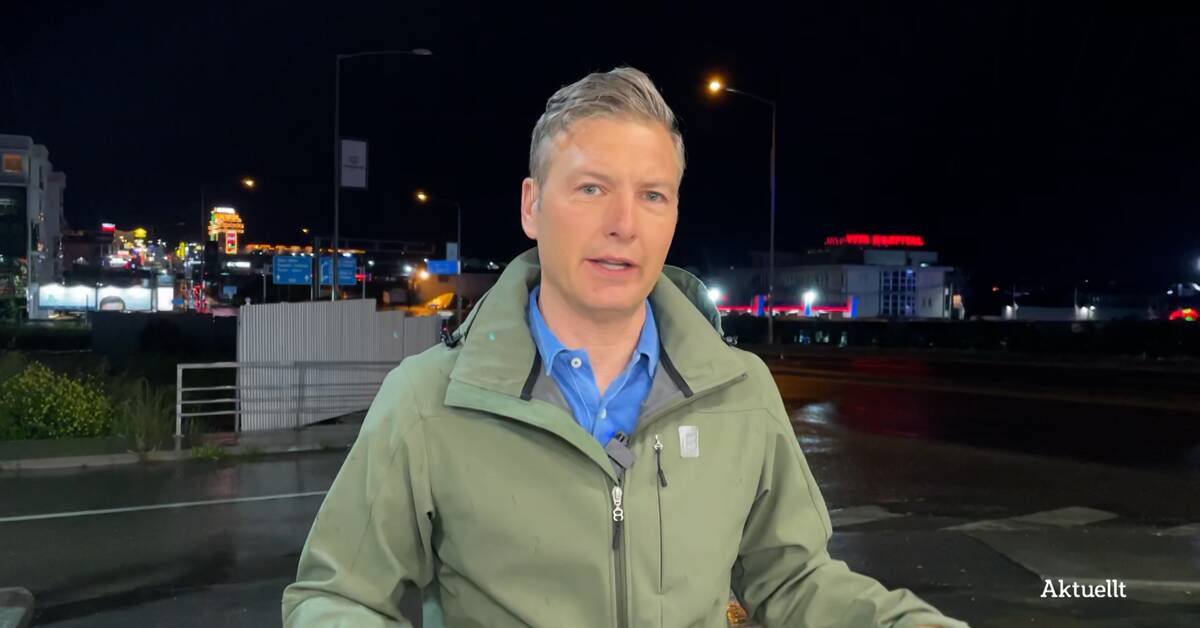There is great concern in northern Kosovo right now, after several days of violent clashes between demonstrators and police.
"It usually calms down, but it's dangerous to say it that way. What can happen is that something happens that leads to an escalation, says Christoffer Wendick in Aktuellt.
Serbia putting the army on high alert has happened many times before, and historically the level of conflict has been reduced through talks. But now there is concern that the violence will escalate further. Wendick describes the relationship between Kosovo and Serbia as a roller coaster.
"And that's where we see a kind of maximum depth right now," he says.
New demonstrations expected
The reason for the resurgence of the conflict is the recent local elections in Kosovo, which were boycotted by the ethnic Serbs. Kosovo Albanian mayors were elected with only a 3.5% turnout – seen by Kosovo Serbs as a government without legitimacy.
At the inauguration of the new mayors on Friday, riots broke out between the local police and the Kosovo Serbs. The NATO peacekeeping force that has been on the ground in Kosovo since 1999 has also been drawn into the violence in the town of Zvecan, when on Monday they went between the demonstrators and the local police, and both NATO soldiers and demonstrators were injured.
On Tuesday, it has been calmer in Zvecan, but new demonstrations are expected on Wednesday, according to Wendick.
"The protesters have said they will resume and come there again tomorrow," he said.

